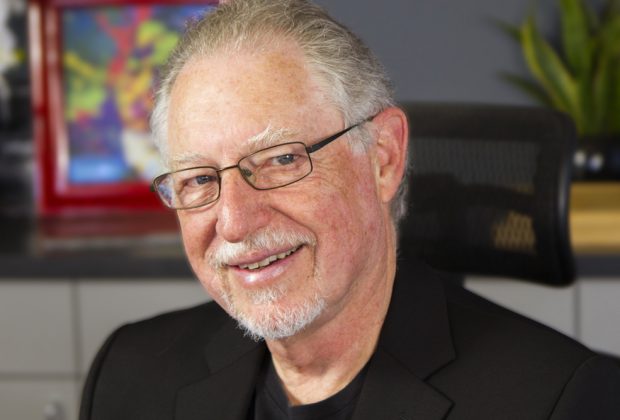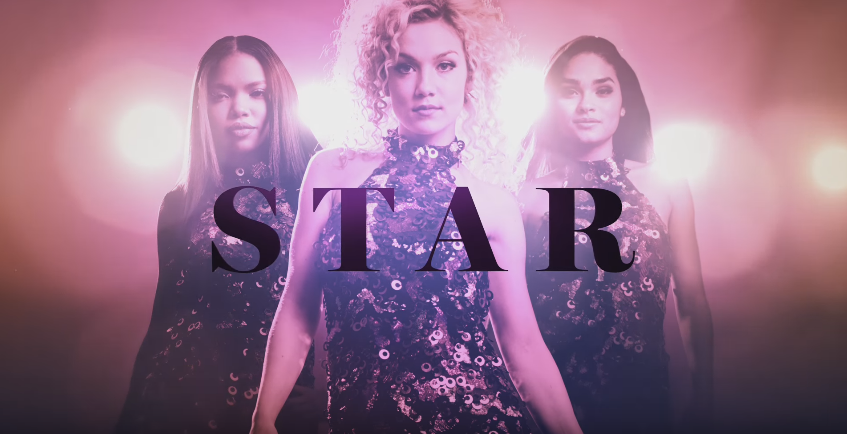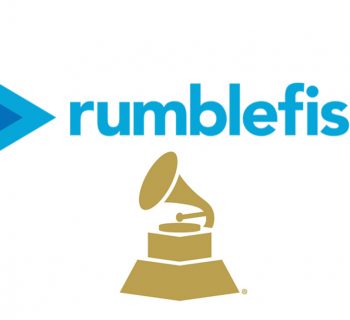Imagine receiving money––money you once earned––that you never knew existed. Many artists find themselves in exactly that position when they’re contacted by The Fund. Indeed, some are so shocked they suspect it’s a scam. But in fact, The AFM & SAG-AFTRA Fund (aka The Fund) is a nonprofit organization that pays session musicians and background vocalists for their performance on recordings that appear on satellite radio, webcasting and other digital formats.
Officially called AFM & SAG-AFTRA Intellectual Property Rights Distribution Fund (a mouthful for sure), The Fund’s mission is to collect money owed artists from broadcasts of their performances, as well as royalties pursuant to U.S. Copyright Law. However, a large part of The Fund’s work is locating artists who are owed money.
The Fund focuses on payments from three areas: (1) Sound Recordings, (2) Audio-Visual productions in select foreign markets, and (3) Symphonic, Opera and Ballet concerts. Notably, those payments can sometimes be significant, i.e. five to six figures.
Because many artists have no idea The Fund even exists, Music Connection contacted Dennis Dreith, The Fund’s Executive Director, to discuss the organization’s operations and to see how our readers could benefit.
Music Connection: Most of us know about Performing Rights Organizations (PRO’s), like BMI, ASCAP and SESAC. What is the difference between The Fund and those PRO’s?
Dennis Dreith: Most PRO’s pay songwriters and publishers. We pay performers, non-featured artists like session players and background singers. We also pay featured artists for audio-visual uses in foreign markets (i.e. song placements in film, television, etc.).
MC: Why are so many artists not getting the royalties they’re entitled to?
Dreith: They may not know they even exist. Additionally, some royalties are based on work they did years ago on projects they might have forgotten about. But, most often, artists will move and leave no forwarding address. And, if they don’t have an online presence with contact information we have to search for them in order to pay them.
MC: Do artists need to be union members to receive royalties?
Dreith: No, union membership is not generally necessary. The only exception involves some foreign royalties. Certain foreign markets require union membership. You can find who they are on our website.
MC: How can artists find out if they’re owed money?
Dreith: Go to our website and check our lists of players’ names and recordings. A bit of advice: artists should keep records of the recordings they played on, and include the project/recording’s title, featured artist, production team, other players/singers and studio personnel.
MC: What if a player is not properly credited on a recording?
Dreith: They can still get payments. They simply need to get an affidavit from someone who can vouch for their work and fill out a form available on our website.
MC: How many recordings do you cover a year?
Dreith: We research a minimum, 20,000 recordings a year, often more.
MC: The Fund obviously covers recordings from major artists, but do you also include indies?
Dreith: Yes, we cover smaller names and genres, including indie and independent artists. The only criteria is that a recording must be broadcast in some manner. A broadcast creates payment by way of statute or licensing arrangement.
MC: How are payments determined? Is there a formula?
Dreith: Some are set by statute in the Copyright Act. Others are the product of negotiations with broadcasters and webcasters.
MC: How much money do you collect each year?
Dreith: The Fund collects approximately 50 million dollars a year.
Related: Music Industry Advice: Licensing for a Living featuring Dennis Dreith
MC: How long do these royalty payments last?
Dreith: Royalties last as long as the song is played over broadcasts/webcasts. With classic songs, that could be forever.
MC: The Fund supports the “Fair Play Fair Pay Act.” What does that involve?
Dreith: Currently, U.S. performers do not get royalties for airplay on AM/FM radio. That is not the case in other countries. The Fair Play Fair Pay Act would provide for those (performer) royalties in the United States and consequentially open up a floodgate of neighboring rights royalties in foreign territories.
MC: Can you give examples of artists who were surprised to find out they were owed money?
Dreith: There are many, but two recently occurred that I can share. Several years ago, Stacy Barthe sang on a Frank Ocean song, “Thinkin Bout You.” She had no idea who we were when we contacted her. In fact, she thought it was a scam. We finally convinced her to come in, verify her information and get a check. When she saw the amount she screamed, “I thought this was gonna be for a few dollars—not $50,000!”
Another involved James Lee Jamerson, a bass player with the Funk Brothers who played on many classic Motown hits. He died years ago, but his widow was still alive and living on Social Security. We tracked her down and paid her the royalties her husband had earned. With those royalties she now lives more comfortably.
MC: Those are great stories–where do I sign up?
Dreith: Go to our website, and make sure you check to see if you’re owed any money.
Check it out at afmsagaftrafund.org.













